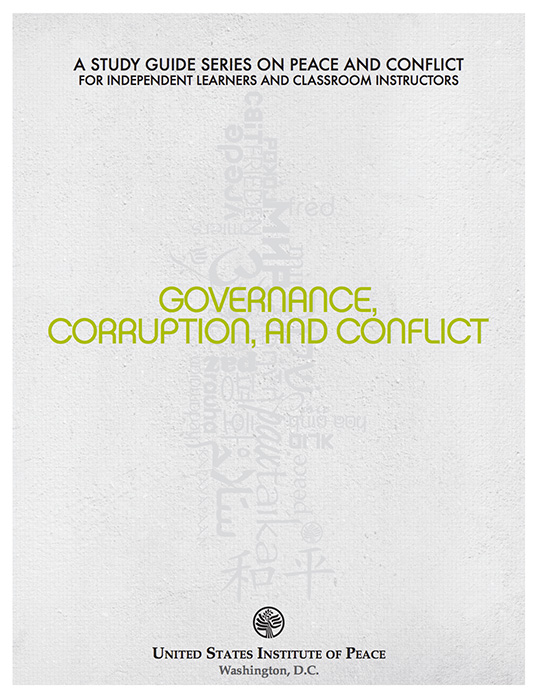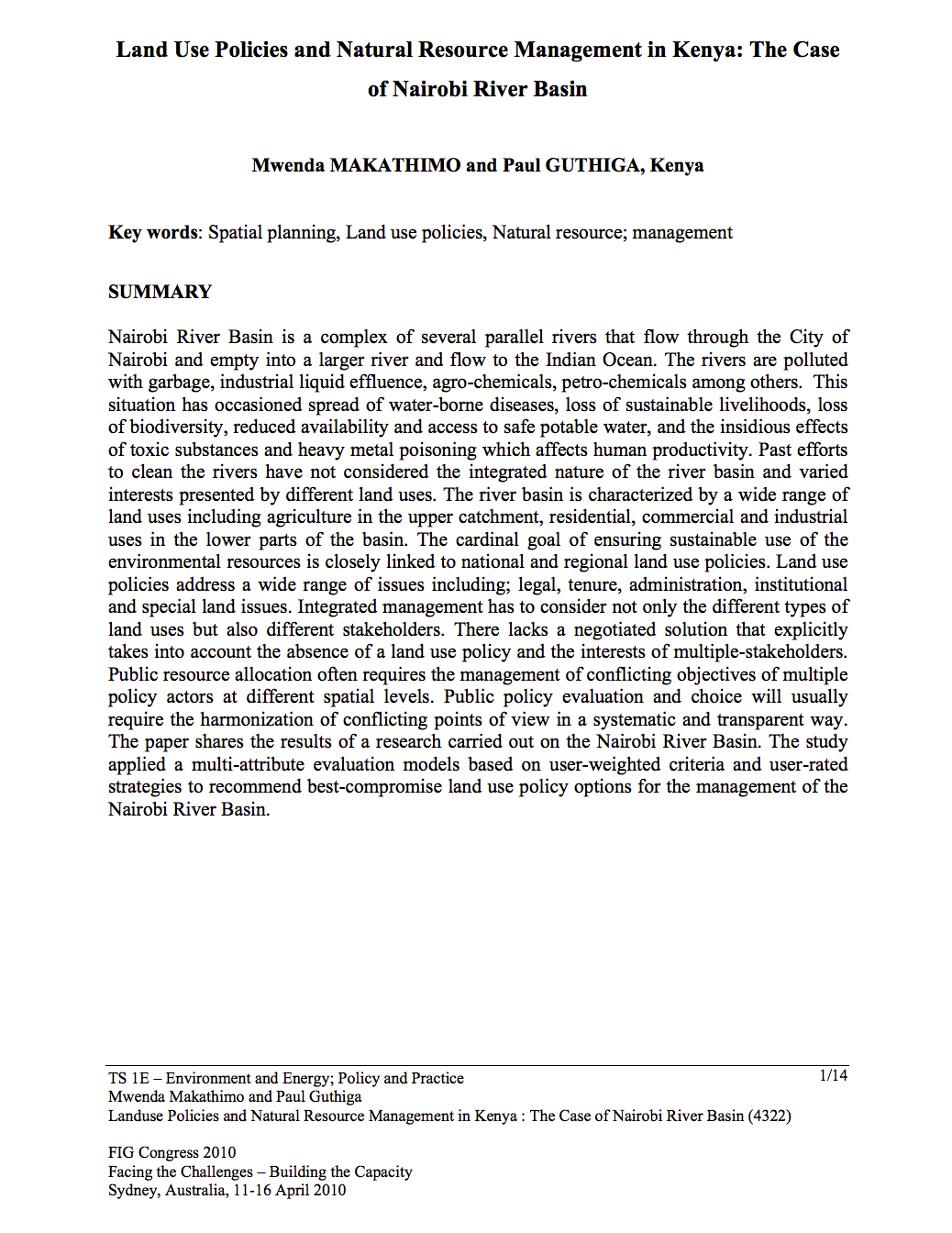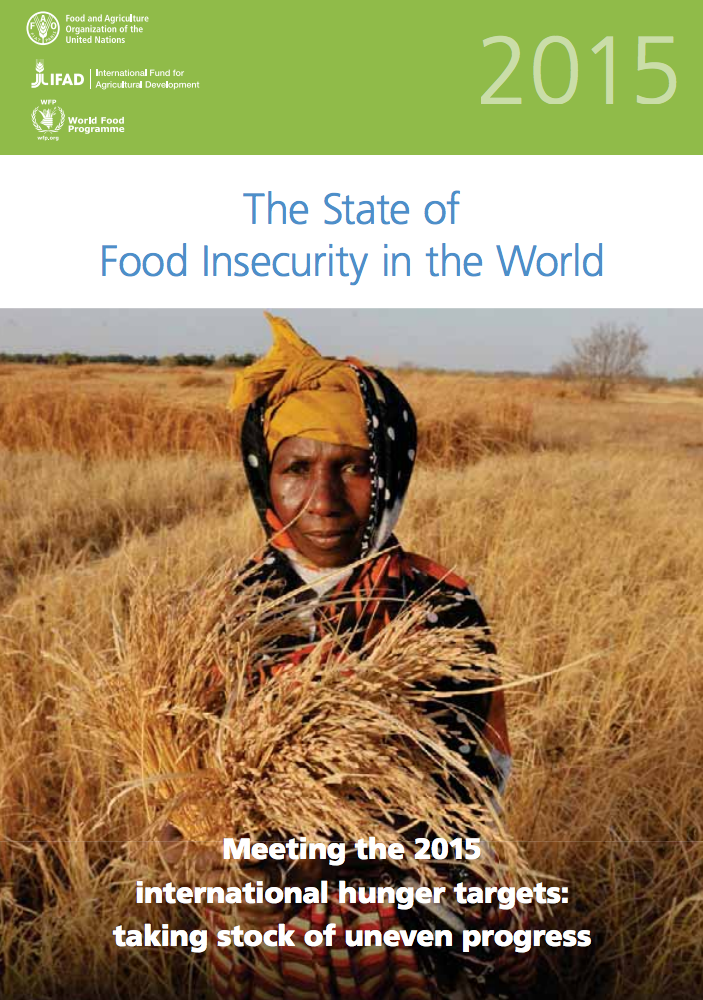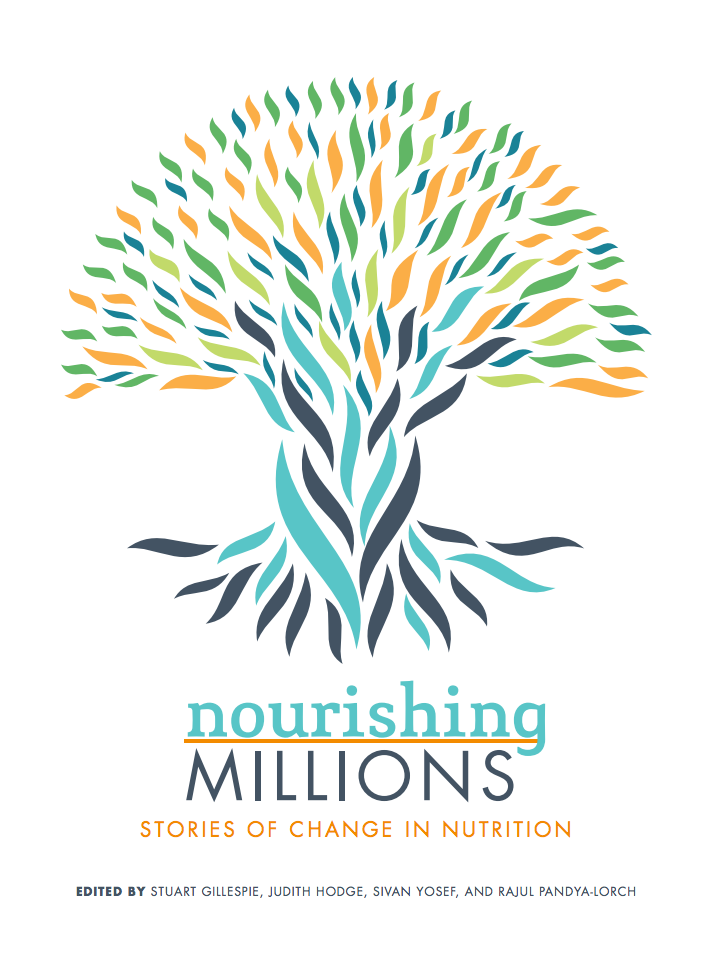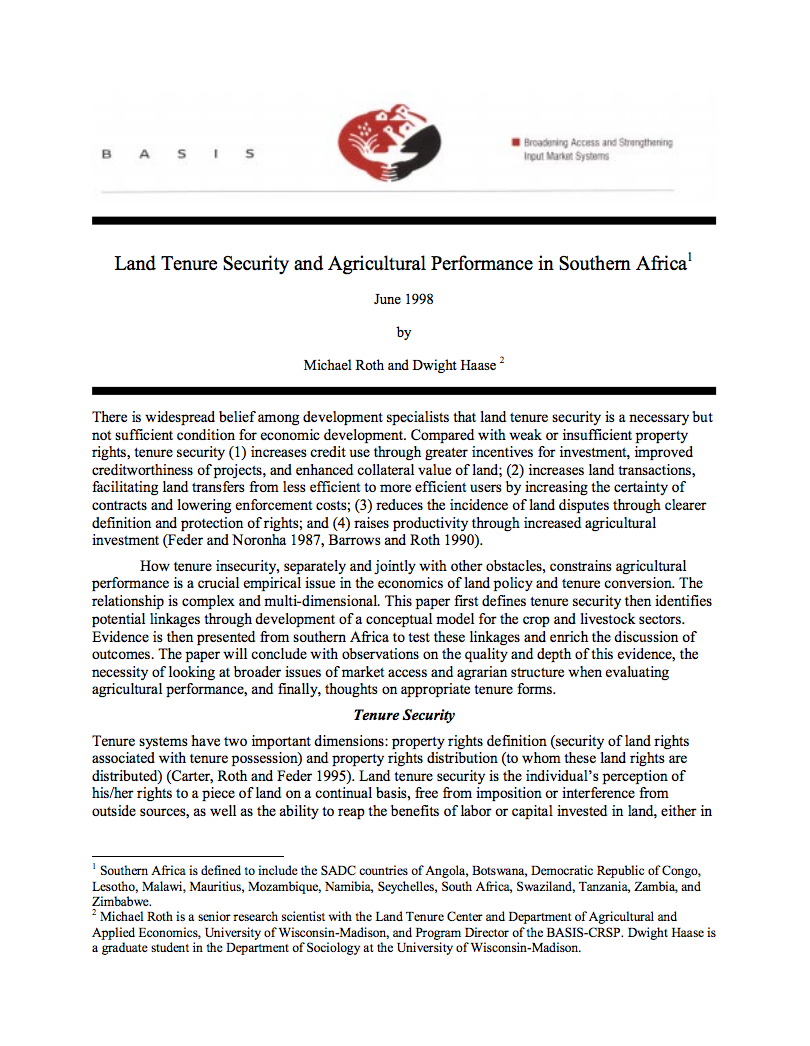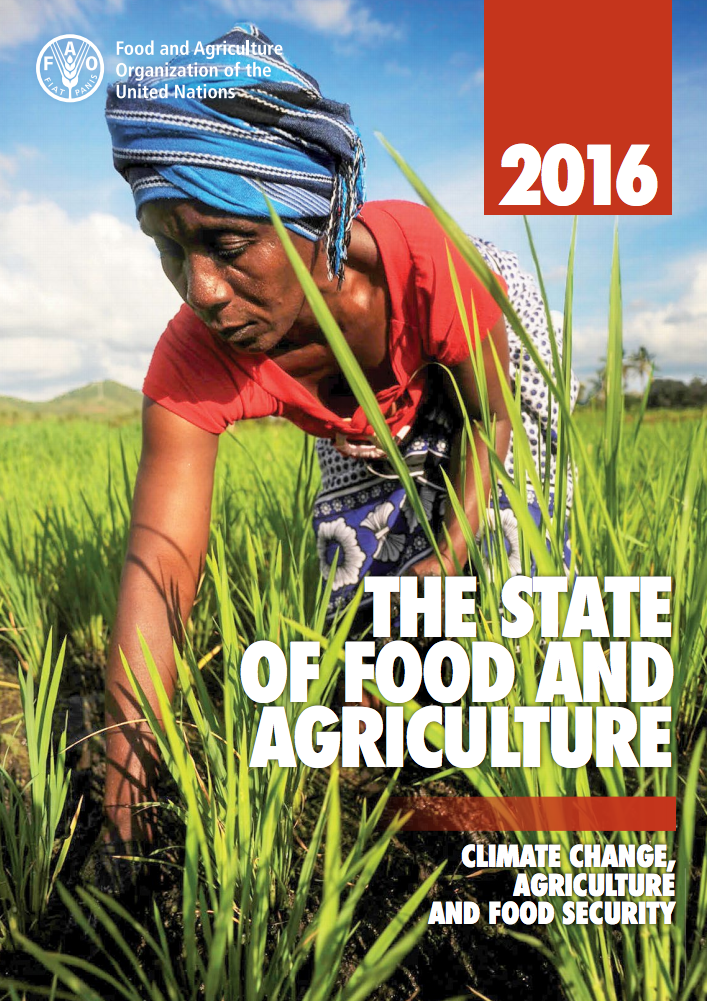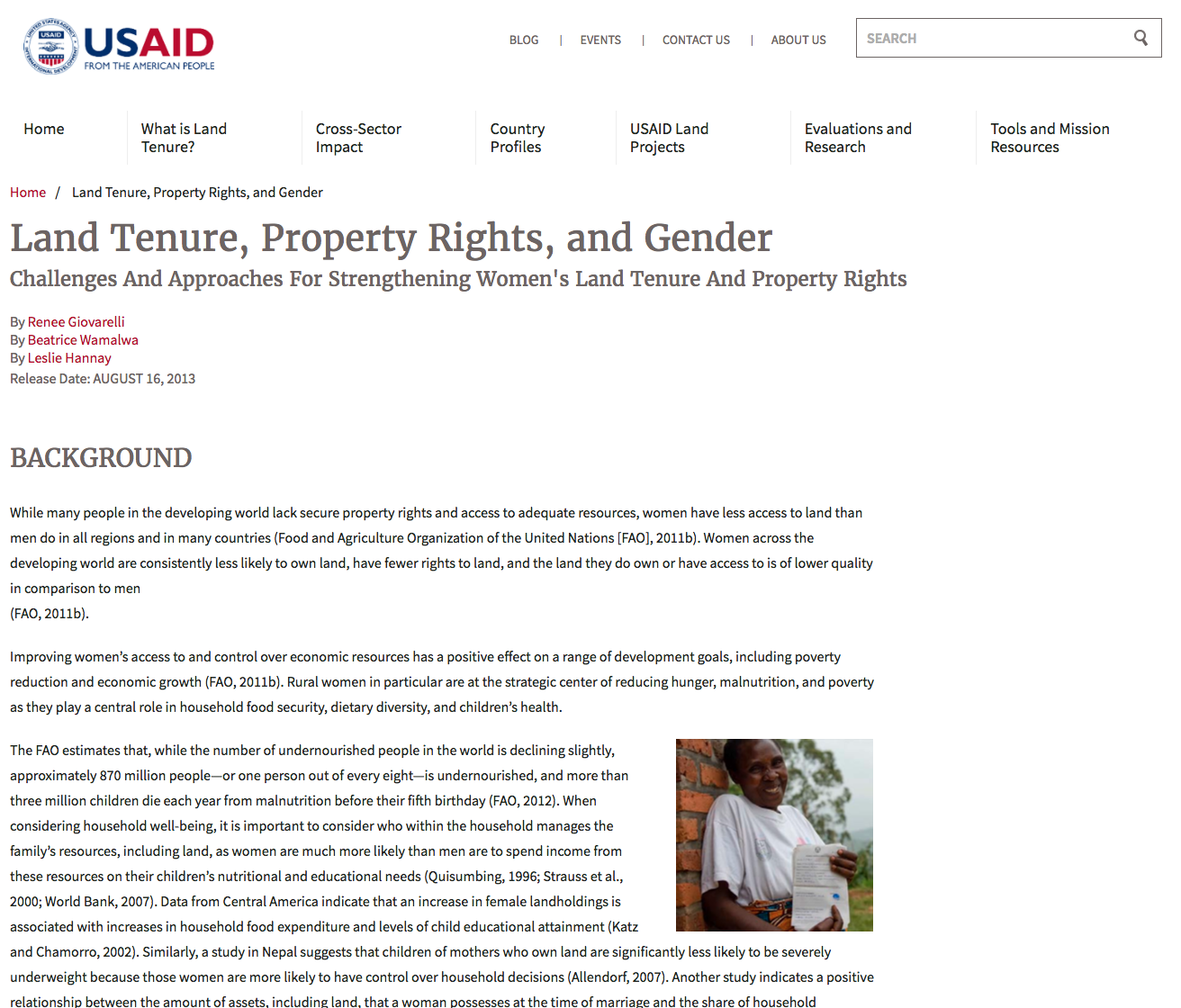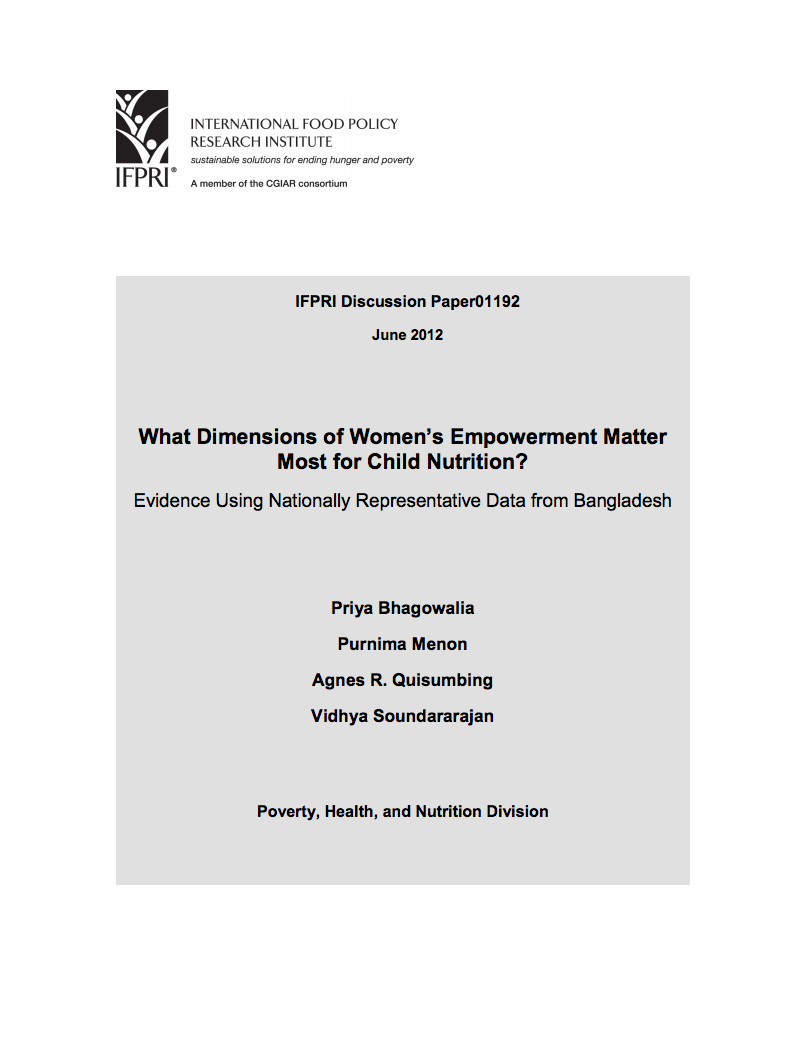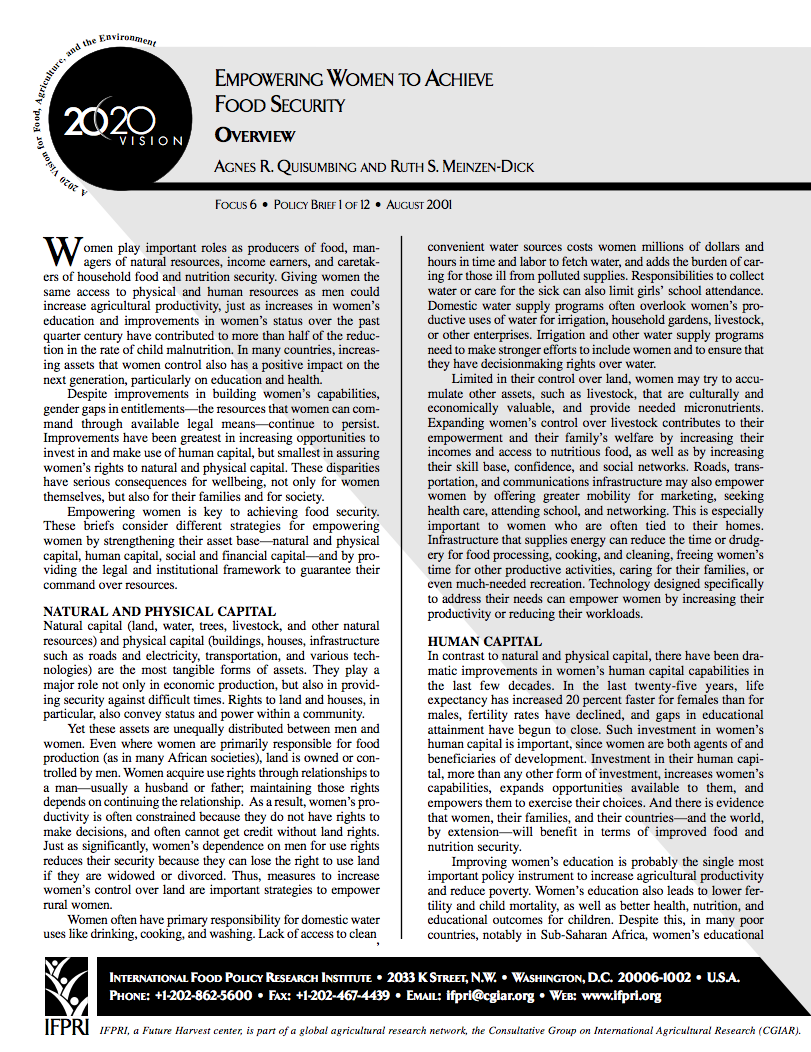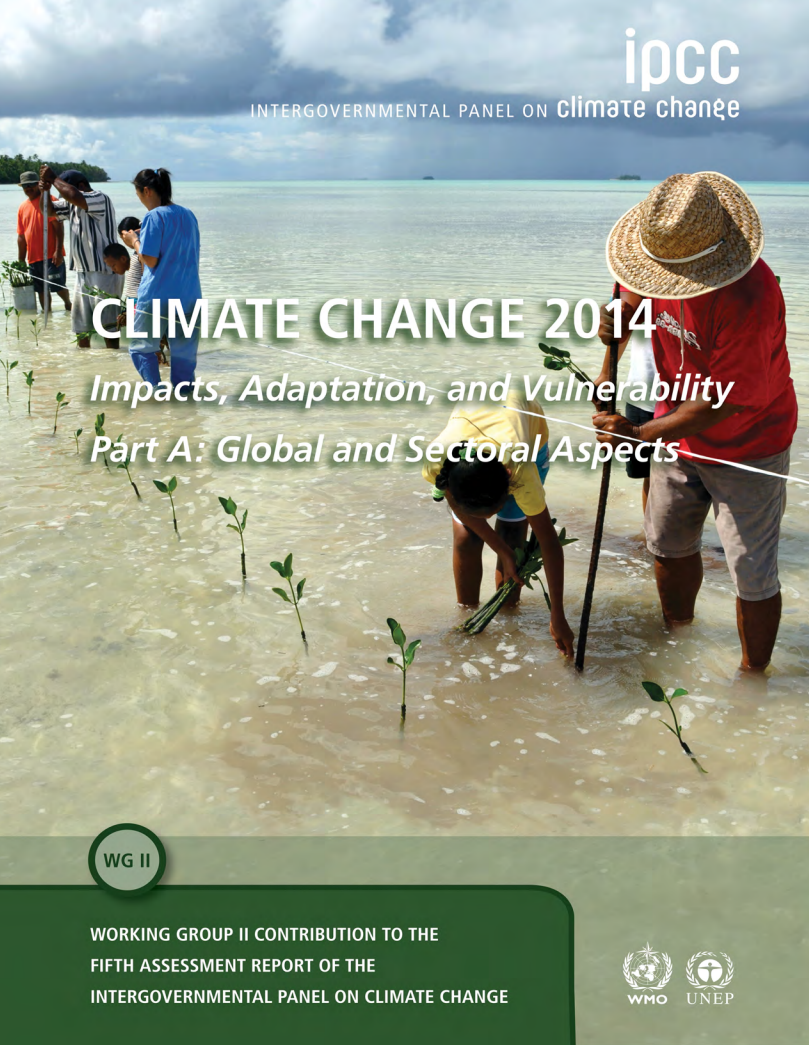Governance, Corruption, and Conflict
The international system has witnessed dramatic changes in the recent past. Questions relating to how and when ordinary citizens can stand against oppression, injustice, and abuse without resorting to violence challenge all of us to rethink our understanding of international peace and conflict. As academicians, educators, practitioners, private citizens, and students, what is our role in this increasingly complex global picture? What can we do to nurture and preserve international security and world peace?

